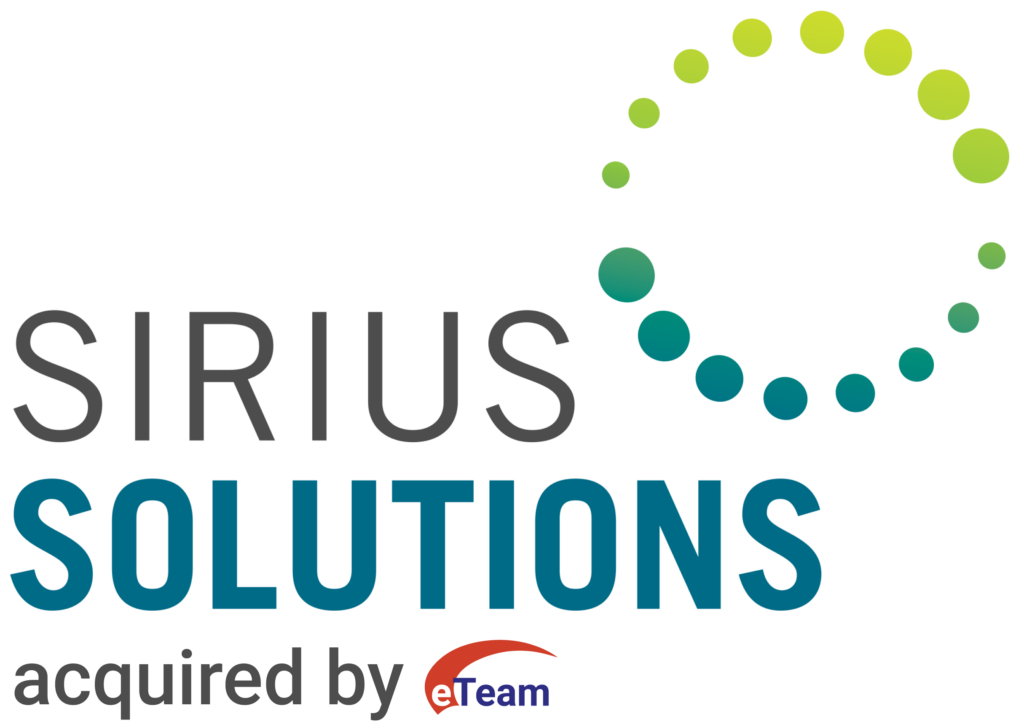In the Energy Sector, the possibility of creating shareholder value has raised the chance of utilizing an M&A partnership to strengthen the space’s financial future and sustain attractive performance through cycles.
Five Tips for Managing Transition Efforts
Successfully lead your acquisition team through the crucial transition phase with our strategic project management solutions.
ESG Measures and Strategy
Environmental, social, and governance (ESG) goals are a necessary part of a company’s initiative toward sustainability and equality. ESG is gaining traction, with 91% of business leaders admitting that they think they are responsible for addressing ESG issues. These issues include carbon emissions, climate change, anti-corruption, water use, community development, and human rights.
Changes in behavior and society are driven by incentives that are primarily financial, and this is why sustainable finance is critical to tackling these issues. Companies can incentivize customers to make eco-friendly decisions and invest in companies that are on a journey toward Net-Zero (or are already there). This is all a part of their ESG framework, which tracks, plans, and reports on an organization’s actions.
Business Strategy Annual Assessments
Start the new year by planning digital financial transformations to lead strategic change and streamline operations.
Is Your Best Employee Currently Interviewing Elsewhere?
The post-pandemic job market surge demands skilled professionals in accounting, analytics, and systems optimization.
Key Strategies and Technologies for Oil and Gas to Move Forward
The Oil and Gas industry’s digital transformation offers strategies for innovation and value generation.
Business Continuity Planning
Having a common-sense approach to continuity and recovery protects organizations in uncertain times.
Leveraging Technology Platforms
Use technology to support your people, maximize workflows, drive efficiency, and reduce risks.
Reduce Operating Costs and Improve Financial Workflows
Significantly reduce balance sheet reconciliation time by implementing machine learning and process automation.
Continuous Audit Monitoring – Alice
Performing automated control and risk assessments more frequently with the Alice platform.
